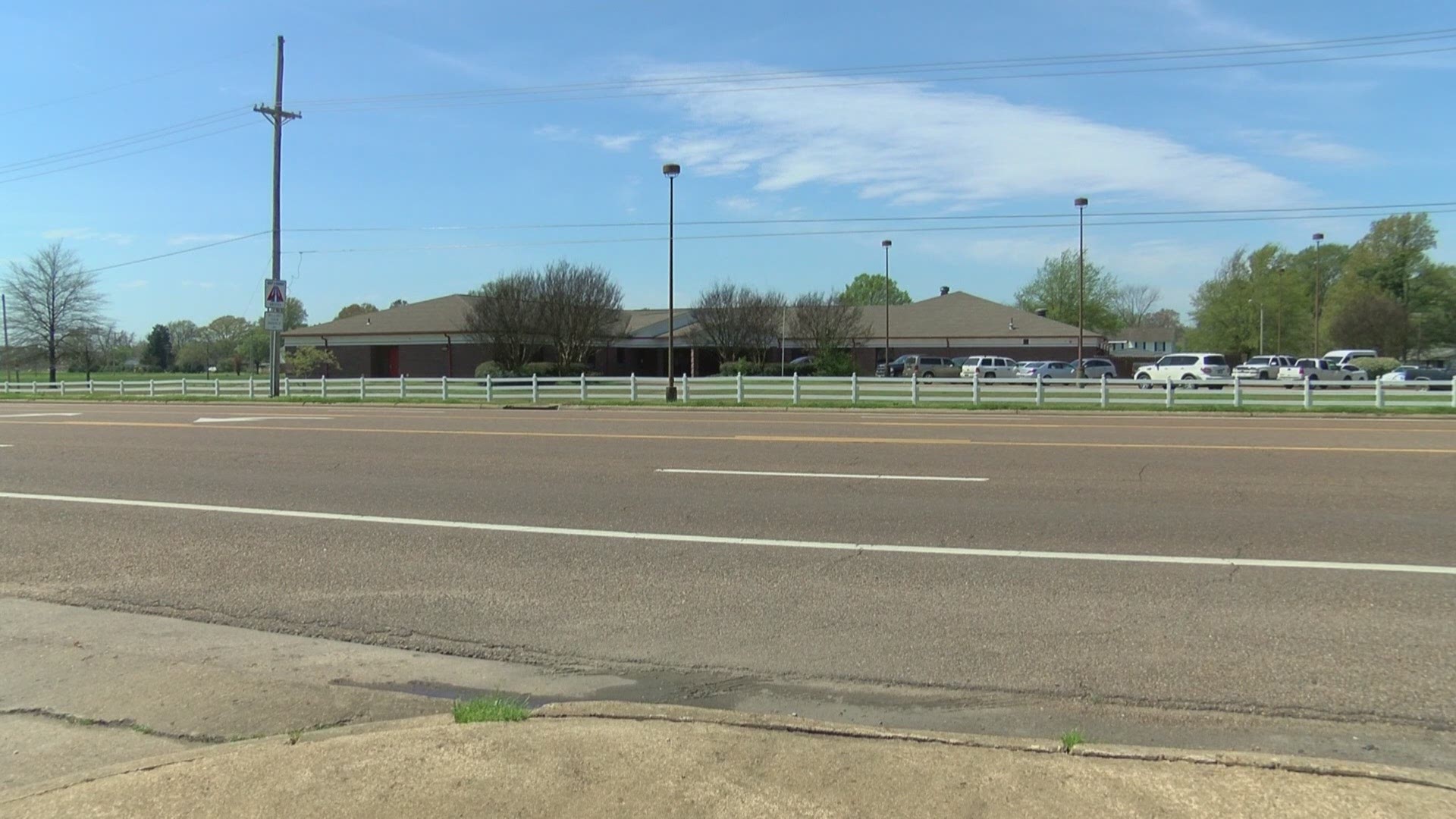MEMPHIS, Tenn. — Nursing homes are on the front lines of the battle against COVID-19, which is why industry groups are now pushing states, including Tennessee, to provide them with more legal protections.
As of Saturday, the Shelby County Health Department reports 18 deaths at nursing homes in the county, along with 179 positive cases of residents and staff.
In an April 28 letter to Governor Bill Lee, LeadingAge Tennessee, a membership association which represents several nonprofit nursing homes across the state, urged the governor to consider an executive order and/or possible legislation to provide limited civil immunity to healthcare providers for acts that arise from the pandemic.
“This pandemic is a healthcare emergency. Extraordinary times call for extraordinary measures,” wrote Gwyn E. Earl, the executive director of LeadingAge Tennessee. “Healthcare providers are being asked to respond to the emergency with speed, creativity, and in many instances – when PPE is scarce or unavailable - without all preferred protections. Absent from wilful or wonton [sic] misconduct or gross negligence, healthcare providers should be immune from liability for doing their best under difficult circumstances.”
The group says at least 11 states had issued executive orders shielding healthcare providers from some form of liability during COVID-19. In addition, states like Kentucky, New York, and Wisconsin, have passed legislation to protect healthcare providers from liability during the pandemic.
“To a significant degree during this pandemic, healthcare providers are responding to a public emergency and acting under government orders. They should be afforded the immunity afforded government,” wrote Earl. “Further, Tennessee must avoid crippling its healthcare delivery system after the pandemic. Healthcare providers are currently absorbing enormous, unexpected pandemic costs and experiencing financial strain. Post-pandemic financial recovery cannot be assured if healthcare provider time and resources are consumed by post-pandemic legal proceedings and costs. Reasonable immunity protections for healthcare providers during the pandemic are necessary and appropriate. We urge you to order them.”
Mark Parkinson, the president of the American Health Care Association, which represents more than 14,000 for-profit nursing homes, told NBC News in a statement, “Long-term care workers and centers are on the frontline of this pandemic response and it is critical that states provide the necessary liability protection staff and providers need to provide care during this difficult time without fear of reprisal.”
Parke Morris, a Memphis attorney whose practice focuses on nursing home abuse and neglect, says nursing homes are not necessarily at fault if residents get infections like COVID-19.
“That's a popular misunderstanding that people think that if someone gets an infection that automatically a healthcare provider is at fault, and in fact, that is the rare exception,” Morris said. “Where you can see a possible claim, is when there's the failure to recognize the development of an infection to the point that someone dies without receiving any medical care whatsoever.”
But Morris says if nursing homes are granted protection from lawsuits, families should be allowed back inside to provide direct care to their loved ones.
“The reason I say that is based on personal experience with not just a couple, not just anecdotal, but dozens if not scores of cases where it was the family of the nursing home resident who saved the life of the resident by demanding the resident be sent out to the hospital,” said Morris.
Shelby County Mayor Lee Harris says a 2015 law loosened liability for nursing home owners in Tennessee and he believes more oversight is needed.
“That law in my view, and I only speak for myself, has led to some of the understaffing and the absence of protections at nursing homes,” said Harris. “I think owners of nursing homes, as owners of any business, should be held liable under certain circumstances."
In its letter to Lee, LeadingAge Tennessee indicated nursing homes and other healthcare providers should not be immune to intentional misconduct or gross negligence.
Morris said any effort to grant total blanket immunity to nursing homes would be irresponsible.
“Making sure that someone gets enough water is not that difficult, so to give a facility a reprieve from liability because they couldn’t figure out a way to make sure someone was getting enough water, I just don’t think that’s reasonable from where I’m sitting,” Morris said. “That’s irresponsible, especially in a scenario where there is not family allowed to come in and check on their loved ones and they’re completely having to trust the nursing home.”
Lee’s office did not respond to WMC’s requests for comment for this story.
During a press conference on Friday, the governor said the state would step up efforts to protect nursing home residents.
“We’re going to test every nursing homes and every staff member in every one of our 700 long term care facilities. This is a great undertaking, but it honors the value of these lives. We know it’s a very vulnerable population, but we vow to do whatever we can to keep them safe,” Lee said.

